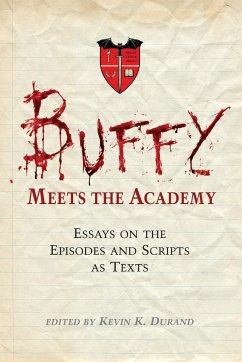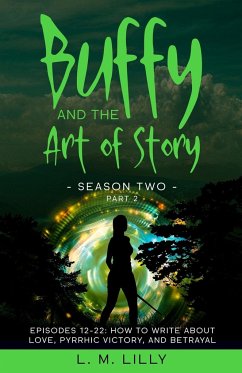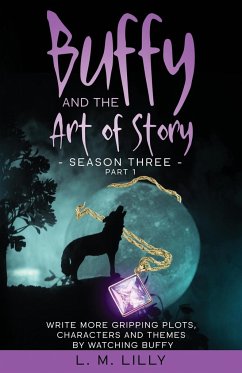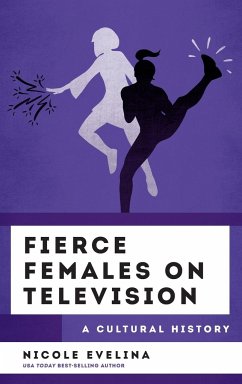
Buffy to Batgirl
Essays on Female Power, Evolving Femininity and Gender Roles in Science Fiction and Fantasy
Herausgeber: Still, Julie M.; Wilkinson, Zara T.
Versandkostenfrei!
Versandfertig in 1-2 Wochen
45,99 €
inkl. MwSt.

PAYBACK Punkte
23 °P sammeln!
Science fiction and fantasy are often thought of as stereotypically male genres, yet both have a long and celebrated history of female creators, characters, and fans. In particular, the science fiction and fantasy heroine is a recognized figure made popular in media such as Alien, The Terminator, and Buffy, The Vampire Slayer. Though imperfect, she is strong and definitely does not need to be saved by a man. This figure has had an undeniable influence on The Hunger Games, Divergent, Star Wars: The Force Awakens, and many other, more recent female-led book and movie franchises. Despite their po...
Science fiction and fantasy are often thought of as stereotypically male genres, yet both have a long and celebrated history of female creators, characters, and fans. In particular, the science fiction and fantasy heroine is a recognized figure made popular in media such as Alien, The Terminator, and Buffy, The Vampire Slayer. Though imperfect, she is strong and definitely does not need to be saved by a man. This figure has had an undeniable influence on The Hunger Games, Divergent, Star Wars: The Force Awakens, and many other, more recent female-led book and movie franchises. Despite their popularity, these fictional women have received inconsistent scholarly interest. This collection of new essays is intended to help fill a gap in the serious discussion of women and gender in science fiction and fantasy. The contributors are scholars, teachers, practicing writers, and other professionals in fields related to the genre. Critically examining the depiction of women and gender in science fiction and fantasy on both page and screen, they focus on characters who are as varied as they are interesting, and who range from vampire slayers to time travelers, witches, and spacefarers.














